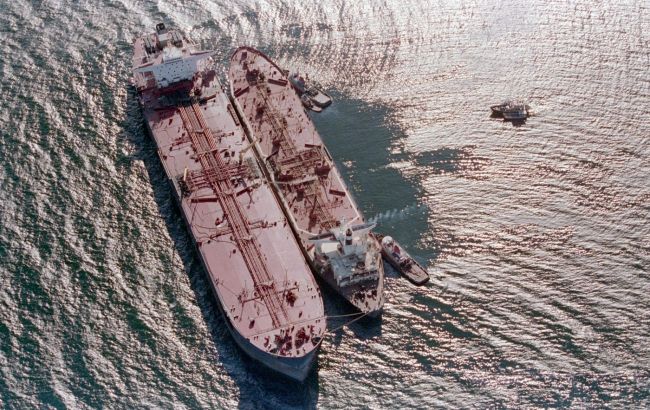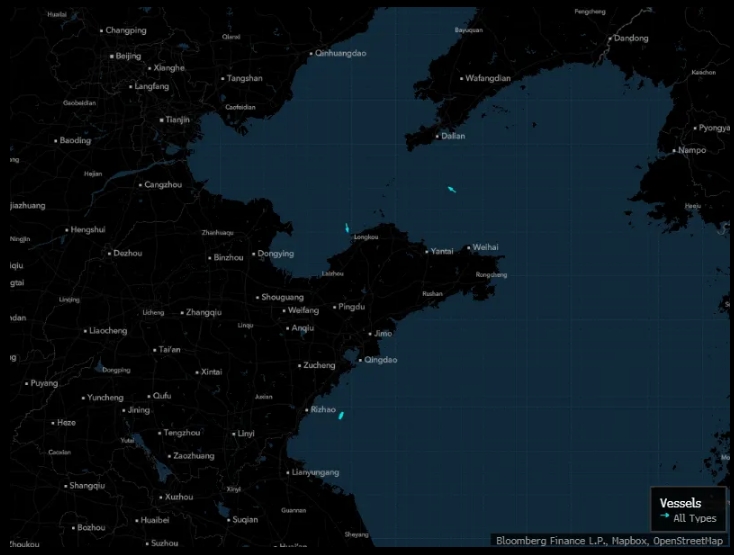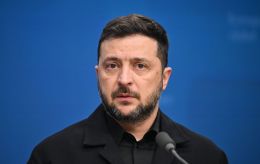Sanctioned Russian oil tankers idle off China's coast
 Photo: Tankers with Russian oil stopped off the coast of China after sanctions (Getty Images)
Photo: Tankers with Russian oil stopped off the coast of China after sanctions (Getty Images)
Three tankers carrying more than 2 million barrels of Russian oil have stopped near ports in eastern China. They were hit by US sanctions announced on January 10, Bloomberg reports.
According to data intelligence firm Kpler, the vessel Huihai Pacific was supposed to arrive at Dongjiakou in Shandong province on January 15 with nearly 770,000 barrels of ESPO crude from the Russian Pacific port of Kozmino earlier this month. However, it changed course over the weekend and is now anchored offshore, laden with oil.

Like many others, this ship was targeted by the most aggressive sanctions package against Russian oil exports since the invasion of Ukraine in early 2022. Several tankers and at least one trader active in the trade of ESPO, a grade that's favored by China's independent refiners, or teapots, were sanctioned.
Mermar left Kozmino on January 5 with over 755,000 barrels of ESPO and was expected to dock at Yantai this week, but it is now waiting offshore, according to Kpler data. Olia left the Russian port on January 7 with nearly 709,000 barrels of this grade and was also headed for Yantai but is now sitting in the Yellow Sea.
Washington's actions came just days after the Shandong Port Group CO., which manages several ports in the province, urged terminals to stop accepting and unloading sanctioned oil tankers.
New sanctions
On January 10, the US Department of the Treasury announced new large-scale sanctions against Russia's energy sector, including the largest oil companies, Gazprom Neft and Surgutneftegaz. The sanctions aim to hinder Moscow's war against Ukraine by depriving it of billions of dollars a month.
The sanctions also affect over 180 vessels, dozens of oil traders, oil industry service providers, insurance companies, and energy sector officials.
According to Kpler data, the latest sanctions have targeted tankers, accounting for around 42% of Russia's maritime oil exports, mostly to China.
Analysts at JP Morgan note that the new measures are likely to give the Trump administration additional leverage in future negotiations with Russia. The administration will decide whether and when to lift the sanctions imposed by Biden and under what conditions.

